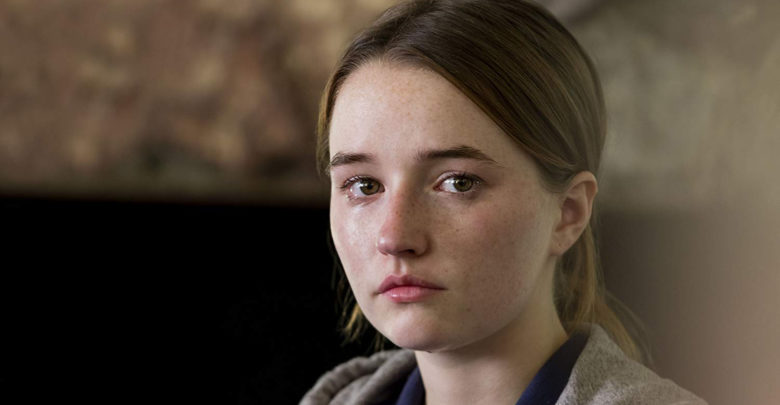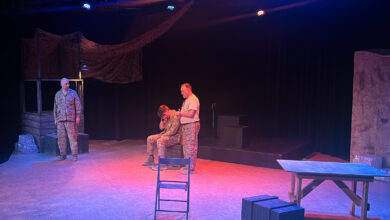Netflix Review: Unbelievable
Unbelievable tackles the age-long conception of the "good" sexual assault victim
 Netflix
NetflixThe Netflix show Unbelievable does an exceptional job at showcasing not only the diversity of sexual assault victim’s experiences, but also how ignoring this diversity leads to the criminal justice system failing victims.
As I’m just coming out of a class on consent, I found that the show does a really good job of showing institutional betrayal, which is the idea that systems like the criminal justice system actually actively harm those who are dependent on it for help. In the show, the main character Marie (Kaitlyn Dever) is sexually assaulted by a serial rapist who breaks into her suite at a group home. She reports the case to the police, but the two male lead detectives on her case grow suspicious of her story, ultimately charging her with false reporting, subsequently sending her to court and making her pay a fee.
So why exactly are they suspicious of her story? For one, Marie has a hard time remembering all the details of the sexual assault consistently. However, it’s quite clear that the police department lacks a well-structured response to the trauma of sexual assault. Hours after the assault, Marie is forced to recount the events multiple times, including following a very invasive hospital examination. The two male detectives fail to consider how trauma affects memory and instead of letting Marie pace the investigation, they constantly push her and take her inability to be consistent as a sign she is lying.
Another reason Marie is doubted is that her past foster mothers don’t think she shows the “proper” response to sexual assault. Colleen (Bridget Everett), one of Marie’s past foster mothers, takes her shopping the day after the assault and is caught off-guard by Marie’s “normal” behaviour alongside the fact that she doesn’t want to talk about the incident. This leads Judith (Elizabeth Marvel), Marie’s most recent foster mother, to tell the detectives that she thinks Marie made up the case for attention.
Judith justifies telling the detectives because both her and Colleen, who are also survivors of sexual assault, had completely different reactions than Marie. The show challenges this idealistic idea of a sexual assault victim: crying, hysterical, containing physical evidence of a struggle with their attacker.
It refreshingly shows that there is no one size fits all response to sexual assault. Not only does everyone cope differently, but people also use different survival mechanisms. In doing this, it shows how rape myths often inform police investigations, leading the criminal justice system to fail those who don’t fit the idea of “the good victim.”
The show further builds on the diversity of victim experiences by showing the reactions of various other victims as the serial rapist continues to attack across the country. One victim can remember the encounter in vivid details, others coped by completely shutting out the experience. I think this show is quite progressive in showing this complexity and how many actors in the criminal justice system are not trained to properly recognize it.
Despite its strides forward, there are still some fundamental problems with the show. First, the show features a serial rapist who breaks into the victim’s homes, furthering the “stranger in the bush” sexual assault narrative that often dictates the safety rules women live by: lock your windows at night even if its a sweltering summer night, live on the fifth or sixth level to avoid break-ins. In reality, 52 per cent of sexual assaults are perpetrated by friends, acquaintances, and family members.
I also think the show could portray a little more intersectionality, as the majority of the victims are white women. I do think the show attempted to tackle this, making the main character a teenager in a group home, but I don’t think it’s enough when we know that marginalized women of colour, such as Indigenous women, or transgender women, are at a higher risk for sexual assault.




